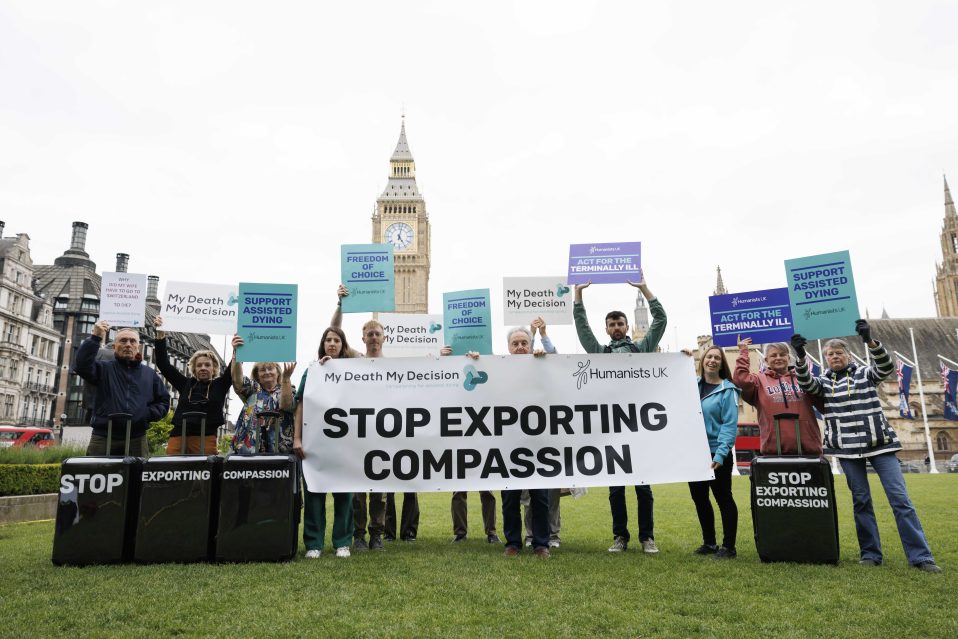MDMD bids farewell to one of the pioneers in the battle to legalise assisted suicide in the UK. Lord Joffe of Liddington, who died on 18 June 2017 at his home, age 85, fought for terminally ill people to be given the right to die. He was a front runner in the House of Lords on the subject of dying with dignity, and presented four bills in the House but unfortunately, in his lifetime, his objective was not achieved.
Lord Joffe was appointed to the Lords in 2000. Soon after his appointment he began pursuing the cause of the right to die. He became a member of the Voluntary Euthanasia Society (which has since been renamed Dignity in Dying). Whilst enjoying public support, he did not win over the religious and political authorities.
In 2002 he tabled a private member’s bill. This was a proposal to enable a competent adult with unbearable sufferings to request and receive medical assistance to die. The bill failed in June 2003. Lord Joffe made several amendments to the bill and in 2006, and at his fourth attempt, he failed again. He said that “it is a human right issue” and that “if patients are suffering, doctors should do something”.
Lord Joffe showed his dedication to good causes throughout the world and thought that passage of the bill to assist terminally ill patients to die was inevitable. He said that “Most of those who oppose assisted dying opposed the decriminalisation of homosexuality, they opposed inter-faith marriage and abortions, all of these. Opponents [to assisted dying] don’t seem to recognise we are developing into a more and more compassionate and caring society. This doesn’t mean they themselves are not caring and compassionate people, it means they have a bit of a blind spot when it comes to the compassionate development of our law.”
We who remain must continue to fight for the cause of assisted suicide, so courageously undertaken by Lord Joffe. MDMD believes that right-to-die legislation should not be restricted to those who are terminally ill (in the sense of having a life expectancy of six months or less) as this would exclude many deserving cases, and is a criterion which doctors say they would have difficulty implementing. We are actively working to define safeguards which will ensure that people who do not wish to have an assisted death are protected from possible coercion, but which can allow those who have a well-considered and persistent desire for medically assistance to die, when faced with incurable suffering, to have the good death they wish for.
Update 24th November 2017: Lord Joffe’s daughter, Deborah, writes about her father’s end of life.






Recent Comments